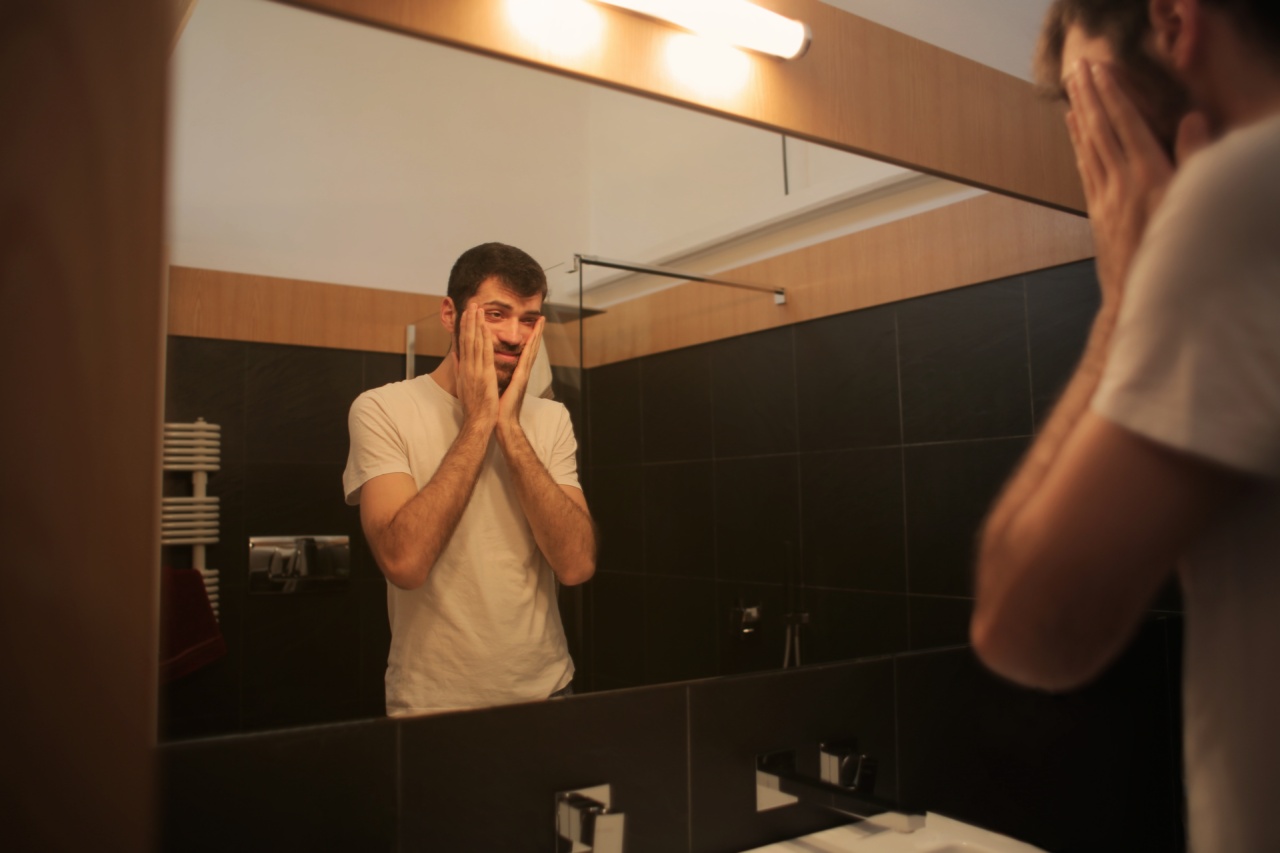Wine is a popular alcoholic beverage that people enjoy all over the world. While most individuals can consume wine without any issues, some people may experience headaches after drinking wine.
These headaches can be quite unpleasant and can ruin your wine enjoyment. Here are some tips to help you avoid headaches from wine consumption:.
1. Drink in moderation
Drinking alcohol in moderation is essential to avoid headaches. Consuming too much wine can increase the risk of headaches, as well as other health problems.
The recommended daily limit for wine consumption is one glass per day for women and up to two glasses per day for men. Drinking wine in moderation can help avoid headaches and other adverse effects associated with wine consumption.
2. Choose high-quality wines
Cheap wines that contain low-quality grapes, chemicals, and additives can cause headaches. These wines are often made of low-quality ingredients, and they can contain impurities that can trigger headaches.
Choosing high-quality wines made of quality grapes and natural ingredients can help prevent headaches and improve your wine experience.
3. Stay hydrated
Dehydration can increase the risk of headaches, as well as hangovers. Wine can dehydrate the body, which can lead to headaches. To avoid this, it is essential to drink plenty of water before, during, and after wine consumption.
Staying hydrated can help you avoid headaches and other adverse effects of wine consumption.
4. Avoid sulfites
Sulfites are a common preservative found in many wines. Some people can be sensitive to sulfites, which can trigger headaches. If you experience headaches after drinking wine, you might be sensitive to sulfites.
Look for sulfite-free wines or wines with lower sulfite levels to avoid headaches.
5. Choose organic wines
Organic wines are made of grapes grown without the use of chemical fertilizers, pesticides, and herbicides. These wines are typically free of chemicals and other impurities that can trigger headaches.
Choosing organic wines can help you enjoy wine without worrying about headaches or other adverse effects.
6. Take breaks
Taking breaks between wine glasses can help you avoid headaches. Drinking wine too quickly can increase the risk of headaches. Taking breaks and sipping on water between glasses can help reduce the risk of headaches and improve your wine experience.
7. Avoid wine with a high alcohol content
Wines with high alcohol content can trigger headaches. These wines can cause dehydration and increase blood alcohol levels, which can lead to headaches. Look for wines with lower alcohol content to avoid headaches and other adverse effects.
8. Eat before and after wine consumption
Eating before and after wine consumption can help reduce the risk of headaches. Drinking wine on an empty stomach can increase the risk of headaches, as well as other adverse effects.
Eating a light meal or snack before drinking wine can help reduce the risk of headaches. Eating after drinking wine can help you avoid hangovers and other adverse effects associated with wine consumption.
9. Know your triggers
Some people may experience headaches due to specific wine types or brands. You need to know your triggers to avoid headaches. Keep a wine diary and note the types of wines you drink and the corresponding reactions you have.
This can help you identify the wines that trigger your headaches and avoid them in the future.
10. Seek medical advice
If you regularly experience headaches after wine consumption, it is essential to seek medical advice. Headaches can be a sign of an underlying health issue, and it is crucial to seek medical advice to identify any underlying issues.






























